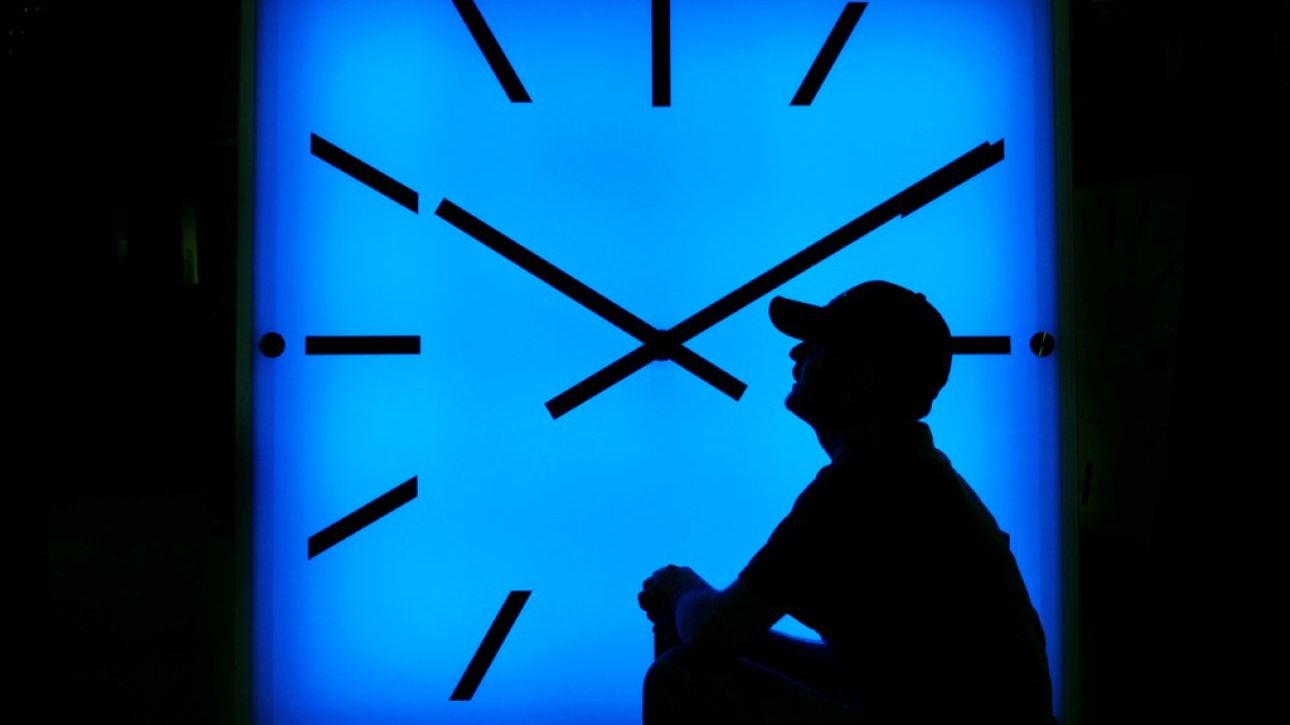The good news: you’ll get a glorious extra hour of sleep. The Bad: Late afternoons will be pitch black for the next few months in the United States.
Daylight saving time ends at 2 a.m. local time next Sunday, November 3, which means you should turn your clocks back one hour before you go to sleep. Standard time will last until March 9, when we will again “move forward” with the return of daylight saving time.
That spring time change can be harder on your body. Darker mornings and lighter nights can disrupt your internal biological clock, making it difficult to fall asleep on time for weeks or longer. Studies have even found an increase in heart attacks and strokes right after the March time change.
“Going back” should be easier. But it can still take a while to adjust your sleeping habits, not to mention the downsides of leaving work in the dark or trying to exercise while there’s still enough light. Some people with seasonal affective disorder, a type of depression usually related to shorter days and less sunlight in the fall and winter, may also have difficulty.
Some health groups, including the American Medical Association and the American Academy of Sleep Medicine, have said it’s time to eliminate time switches and that sticking with standard time better aligns with the sun and human biology.
Most countries do not observe daylight saving time. For those that do, mainly in Europe and North America, the date when clocks are changed varies.
Two states, Arizona and Hawaii, do not change and maintain standard time.
Here’s what you should know about the twice-a-year ritual.
How the body reacts to light
The brain has a master clock that is set by exposure to sunlight and darkness. This circadian rhythm is a roughly 24-hour cycle that determines when we are sleepy and when we are most alert. Patterns change with age, one of the reasons why young people who wake up early become teenagers who have a hard time waking up.
The morning light restores the rhythm. In the evening, levels of a hormone called melatonin begin to increase, causing drowsiness. Too much light at night (that extra hour of daylight saving time) delays that increase and the cycle becomes out of sync.
And that circadian clock affects more than sleep: It also influences things like heart rate, blood pressure, stress hormones, and metabolism.
How do time changes affect sleep?
Even a time change on the clock can disrupt sleep schedules, because although clocks change, work and school start times remain the same.
That’s a problem because many people are already sleep deprived. About 1 in 3 American adults sleep less than the recommended seven hours a night, and more than half of American teenagers do not sleep the recommended eight hours on weekdays.
Lack of sleep is linked to heart disease, cognitive decline, obesity, and many other problems.
How to prepare for the time change
Some people try to prepare for a time change by changing their bedtime little by little in the days before the change. There are ways to make adaptation easier, including getting more sunlight to help reset your circadian rhythm and achieve healthy sleep.
Will the United States ever get rid of the time change?
Lawmakers sometimes propose eliminating daylight saving time altogether. The most notable recent attempt, a now-stalled bipartisan bill called the Sunshine Protection Act, proposes making daylight saving time permanent. Health experts say lawmakers have it backwards: Standard time should be made permanent.
Disclaimer:
The information contained in this post is for general information purposes only. We make no representations or warranties of any kind, express or implied, about the completeness, accuracy, reliability, suitability or availability with respect to the website or the information, products, services, or related graphics contained on the post for any purpose.
We respect the intellectual property rights of content creators. If you are the owner of any material featured on our website and have concerns about its use, please contact us. We are committed to addressing any copyright issues promptly and will remove any material within 2 days of receiving a request from the rightful owner.

